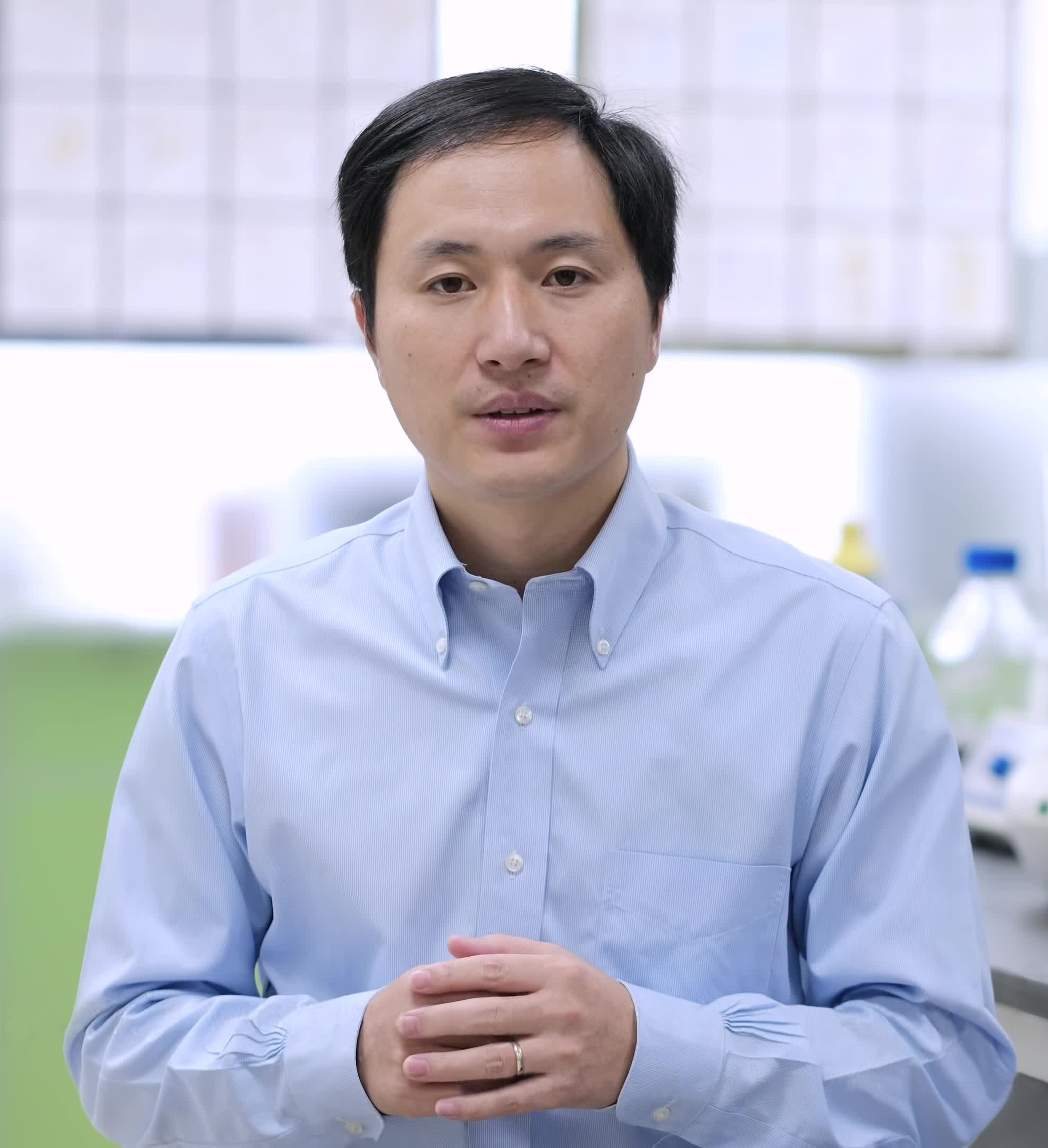Did a Permissive Scientific Culture Encourage the ‘CRISPR babies’ experiment?
By Donna Dickenson, Marcy Darnovsky,
Nature Biotechnology
| 03. 15. 2019
To the Editor — The claim last November by He Jiankui to have engineered the first CRISPR-edited babies has ignited voluble condemnation from scientists worldwide. What, then, made this rogue researcher think that his ‘achievement’ would be welcomed? One possible factor is that He claimed that he was influenced by the words and actions of key US and UK scientists. He attended and was an invited speaker at several meetings about gene editing, including several focused on the ethical acceptability of human germline modification1. And he explicitly cited the 2017 US National Academies of Science report as support for what he did2.
The Nuffield Council on Bioethics in the UK also issued a report in July 20183. Notably, it concludes that germline genome editing could be permissible under certain circumstances. More strongly, it moves beyond the merely permissible to the ethically obligatory, saying in its final section (paragraph 5.2) that “there are moral reasons to continue with the present lines of research and to secure the conditions under which heritable genome editing would be...
Related Articles
By Mike McIntire, The New York Times | 01.24.2026
Genetic researchers were seeking children for an ambitious, federally funded project to track brain development — a study that they told families could yield invaluable discoveries about DNA’s impact on behavior and disease.
They also promised that the children’s sensitive...
By Arthur Lazarus, MedPage Today | 01.23.2026
A growing body of contemporary research and reporting exposes how old ideas can find new life when repurposed within modern systems of medicine, technology, and public policy. Over the last decade, several trends have converged:
- The rise of polygenic scoring...
By Danny Finley, Bill of Health | 01.08.2026
The United States Food and Drug Administration (FDA) has a unique funding structure among federal scientific and health agencies. The industries it regulates fund nearly half of its budget. The agency charges companies a user fee for each application
...
By George Janes, BioNews | 01.12.2026
A heart attack patient has become the first person to be treated in a clinical trial of an experimental gene therapy, which aims to strengthen blood vessels after coronary bypass surgery.
Coronary artery bypass surgery is performed to treat...




